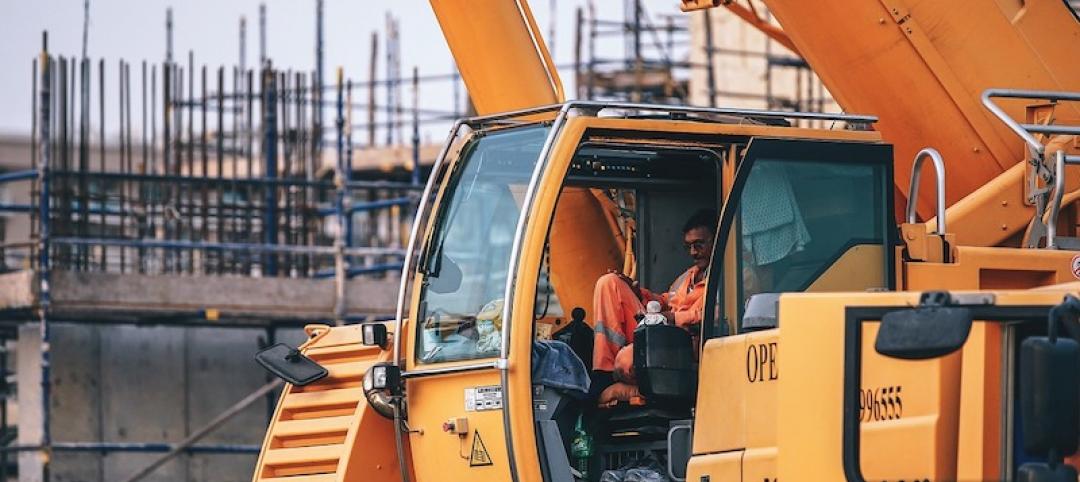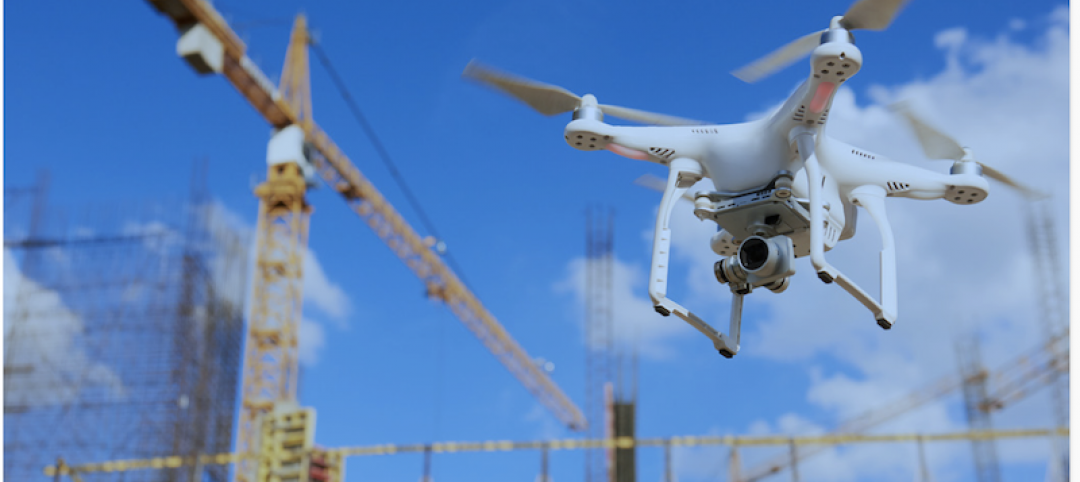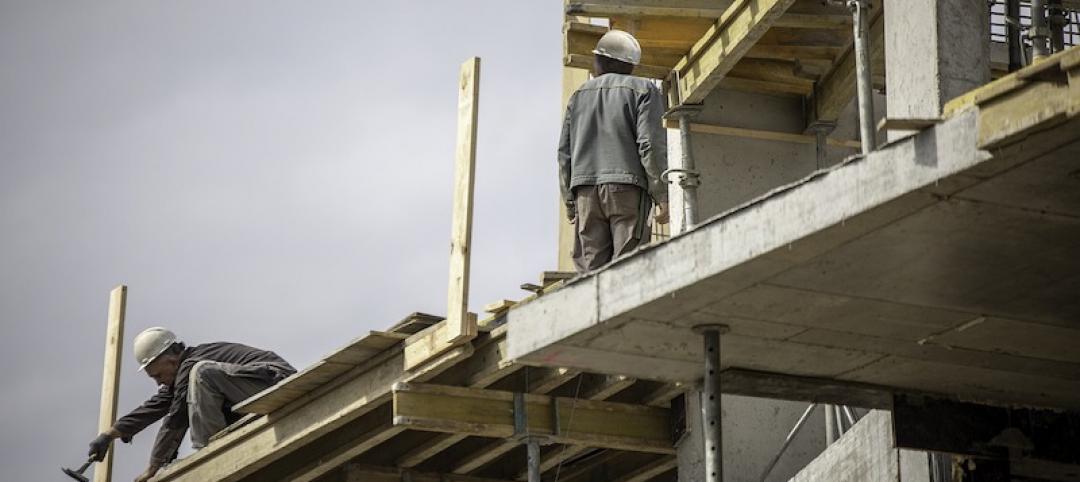Only 34% of the nation’s metro areas—just over one-third—added construction jobs from November 2019 to November 2020, according to an analysis of new government data that the Associated General Contractors of America released today. Association officials said large numbers of contractors are having to lay off workers once they complete projects begun before the pandemic because private owners and public agencies are hesitant to commit to new construction.
“Canceled and postponed projects appear to be more common than new starts for far too many contractors,” said Ken Simonson, the association’s chief economist. “Our association’s 2021 Construction Hiring and Business Outlook Survey found three times more contractors have experienced postponements and cancellations than new or expanded projects.”
Construction employment fell in 203, or 57%, of 358 metro areas between November 2019 and November 2020. Construction employment was stagnant in 33 additional metro areas, while only 122 metro areas—34%—added construction jobs during the past year.
Houston-The Woodlands-Sugar Land, Texas lost the most construction jobs over that span (-22,500 jobs, -9%), followed by New York City (-16,700 jobs, -11%); Midland, Texas (-9,800 jobs, -25%); Montgomery-Bucks-Chester counties, Pa. (-8,800 jobs, -16%); and Oakland-Hayward-Berkeley, Calif. (-8,400 jobs, -11%). Brockton-Bridgewater-Easton, Mass. had the largest percentage decline (-40%, -2,200 jobs), followed by Altoona, Pa. (-35%, -1,100 jobs); Bloomsburg-Berwick, Pa. (-31%, -400 jobs); Johnstown, Pa. (-31%, -800 jobs); and East Stroudsburg, Pa. (-30%, -600 jobs).
Phoenix-Mesa-Scottsdale, Ariz. added the most construction jobs over the year (4,700 jobs, 3%), followed by Baltimore-Columbia-Towson, Md. (4,500 jobs, 5%); Boise, Idaho (4,300 jobs, 16%); Dallas-Plano-Irving, Texas (3,700 jobs, 2%); and Seattle-Bellevue-Everett, Wash. (3,600 jobs, 3%). Walla Walla, Wash. had the highest percentage increase (17%, 200 jobs), followed by Boise; Oshkosh-Neenah, Wisc. (16%, 900 jobs); and Springfield, Mo. (16%, 1,500 jobs).
Association officials said many metro areas were likely to lose more construction jobs amid declining demand and continued project cancellations and delays. They added that a clearer picture of what is in store for the industry will emerge on Thursday, January 7, when the association releases the 2021 Construction Hiring and Business Outlook it prepared with Sage.
“Construction employment is likely to fall further in many parts of the country as the coronavirus continues to weigh on demand for nonresidential projects,” said Stephen E. Sandherr, the association’s chief executive officer. “Unless market conditions change rapidly, this year is likely to prove very challenging for many construction employers.”
View the metro employment 12-month data, rankings, top 10, new highs and lows, map.
Related Stories
Market Data | Jan 23, 2020
Construction contractor confidence surges into 2020, says ABC
Confidence among U.S. construction industry leaders increased in November 2019 with respect to sales, profit margins, and staffing, according to the Associated Builders and Contractors Construction Confidence Index.
Market Data | Jan 22, 2020
Architecture Billings Index ends year on positive note
AIA’s Architecture Billings Index (ABI) score of 52.5 for December reflects an increase in design services provided by U.S. architecture firms.
AEC Tech | Jan 16, 2020
EC firms with a clear ‘digital roadmap’ should excel in 2020
Deloitte, in new report, lays out a risk mitigation strategy that relies on tech.
Market Data | Jan 13, 2020
Construction employment increases by 20,000 in December and 151,000 in 2019
Survey finds optimism about 2020 along with even tighter labor supply as construction unemployment sets record December low.
Market Data | Jan 10, 2020
North America’s office market should enjoy continued expansion in 2020
Brokers and analysts at two major CRE firms observe that tenants are taking longer to make lease decisions.
Market Data | Dec 17, 2019
Architecture Billings Index continues to show modest growth
AIA’s Architecture Billings Index (ABI) score of 51.9 for November reflects an increase in design services provided by U.S. architecture firms.
Market Data | Dec 12, 2019
2019 sets new record for supertall building completion
Overall, the number of completed buildings of at least 200 meters in 2019 declined by 13.7%.
Market Data | Dec 4, 2019
Nonresidential construction spending falls in October
Private nonresidential spending fell 1.2% on a monthly basis and is down 4.3% from October 2018.
Market Data | Nov 25, 2019
Office construction lifts U.S. asking rental rate, but slowing absorption in Q3 raises concerns
12-month net absorption decelerates by one-third from 2018 total.
Market Data | Nov 22, 2019
Architecture Billings Index rebounds after two down months
The Architecture Billings Index (ABI) score in October is 52.0.

















